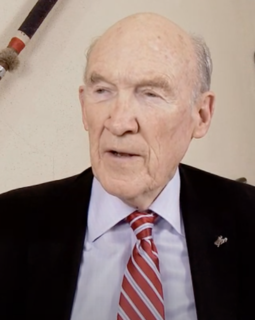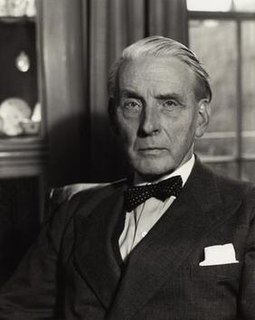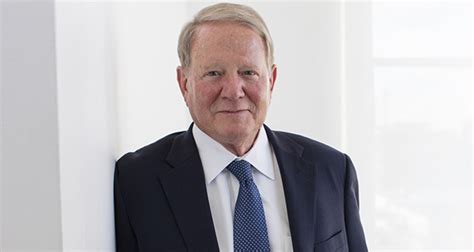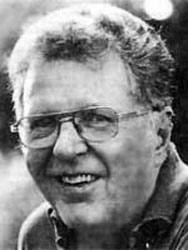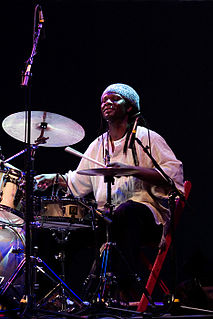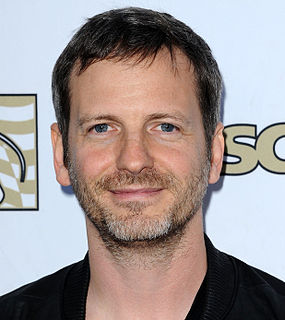A Quote by Alan K. Simpson
I am living proof that youth possess a unique capacity to grow and change - that the child who seems hopeless today could go on to change the world.
Related Quotes
There seems to be something in the zeitgeist, and maybe it's a function of - I'm no analyst, nor am I a psychologist - when you look at things and say, What if I could go back and change things? I think we live in a world right now where people are asking those questions a lot. What if we could go back and change what we did? How would we change the way we handled things in the Middle East, and how would we change things with the banking industry, and how would we change economic and educational issues?
Rather than put ourselves down continually, we must work hard to concentrate on our positives, focusing on that which makes us unique and likable. We all have things that we would change if we could. Even people who we think have it all, don't. Nobody has it all because no one is perfect. We all realize this and yet continue to criticize and insult ourselves. Now is the time to stop this nonsense! Change what you can change and accept the rest as a necessary part of your own unique humanity. Make peace with who you are.
Two years gives you enough time to grow and to change, and to, you know, change your priorities. Change where you live, change your hair, change what you believe in, change who you hang out with, what’s influencing you, what’s inspiring you. And in the process of all of those changes in the last two years, my music changed.
Youth should be radical. Youth should demand change in the world. Youth should not accept the old order if the world is to move on. But the old orders should not be moved easily - certainly not at the mere whim or behest of youth. There must be clash and if youth hasn't enough force or fervor to produce the clash the world grows stale and stagnant and sour in decay.
What I am very, very moved and struck by is that so many people in the world are often living a life that they hadn't planned for themselves. And they wake up one day and say, 'Hang on. Who am I? Is this really me? Is this what I really wanted?' And also, 'Can I change it? Have I got the courage to change it?'
The very word "change" has changed. When I was young--and not just because I was young--we looked forward with confident impatience to change. Planned, controlled, beneficent change would continue to clear slums, sweep up the remains of empire, raise living and educational standards, tidy away--firmly but kindly--the last aboriginals who still raved about martial glory or the pride of wealth. Now, as it seems to me, change is set almost exclusively in the minor key, change seen overwhelmingly as loss.
